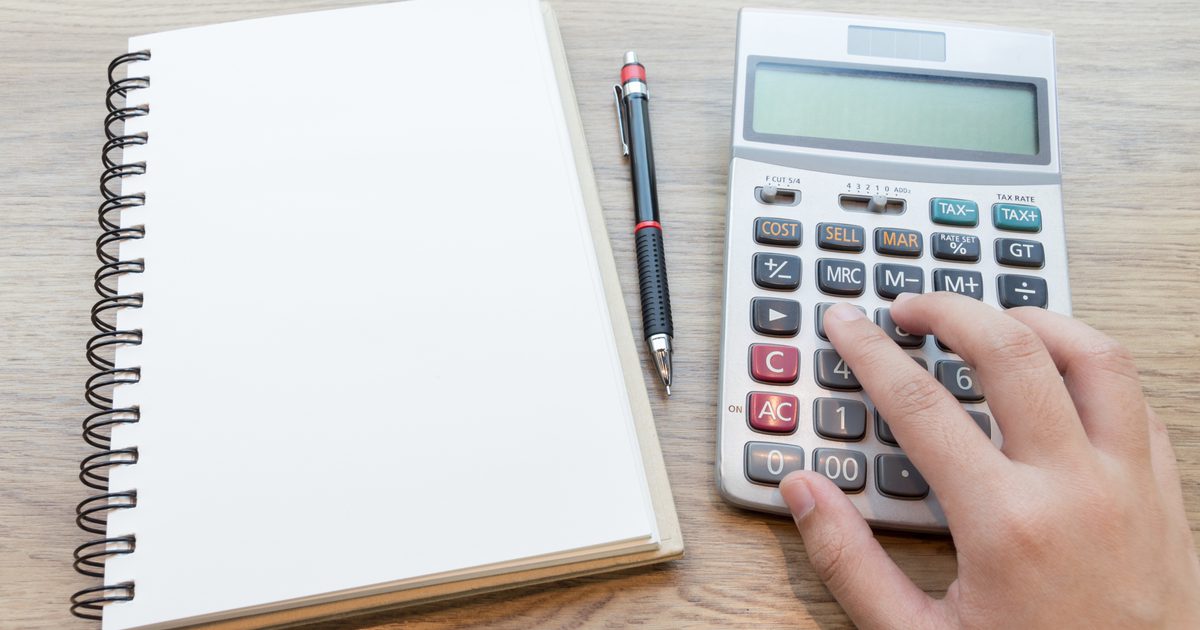Symptoms Of Dyscalculia
“I’m just bad at math.” Sound familiar? If you or someone you know has difficulty with mental arithmetic, has trouble measuring ingredients, or has problems applying math to money, it may be more than just being bad at math. Dyscalculia, a learning disability, affects an individual’s ability to perform basic math skills, such as counting or recognizing math symbols. Identifying patients with dyscalculia can be difficult because it encompasses a broad range of difficulties. Much like those with dyslexia, individuals with dyscalculia are often labeled 'slow' or 'reluctant' learners who are just bad at math. Here are signs you or someone you know may have dyscalculia.
Difficulty With Mental Arithmetic

Trouble With Counting

Two, four, six, . . . Where was I? Another common sign of dyscalculia is trouble with counting. Children and even adults may continue to count on their fingers or use tick marks to count. Children may skip over numbers when counting, long past when their peers have mastered this skill. As with difficulty in doing mental arithmetic, individuals with dyscalculia may struggle to hold numbers in their working memory, or they may become distracted during the process of counting, resulting in skipped numbers or having to recount many times. Moreover, because patients with dyscalculia have difficulty with mental math, they often cannot rely on the tricks others use to count quickly, such as counting in batches, such as by twos or threes, or adding new numbers to an existing count.
Keep reading to discover additional symptoms of dyscalculia.
